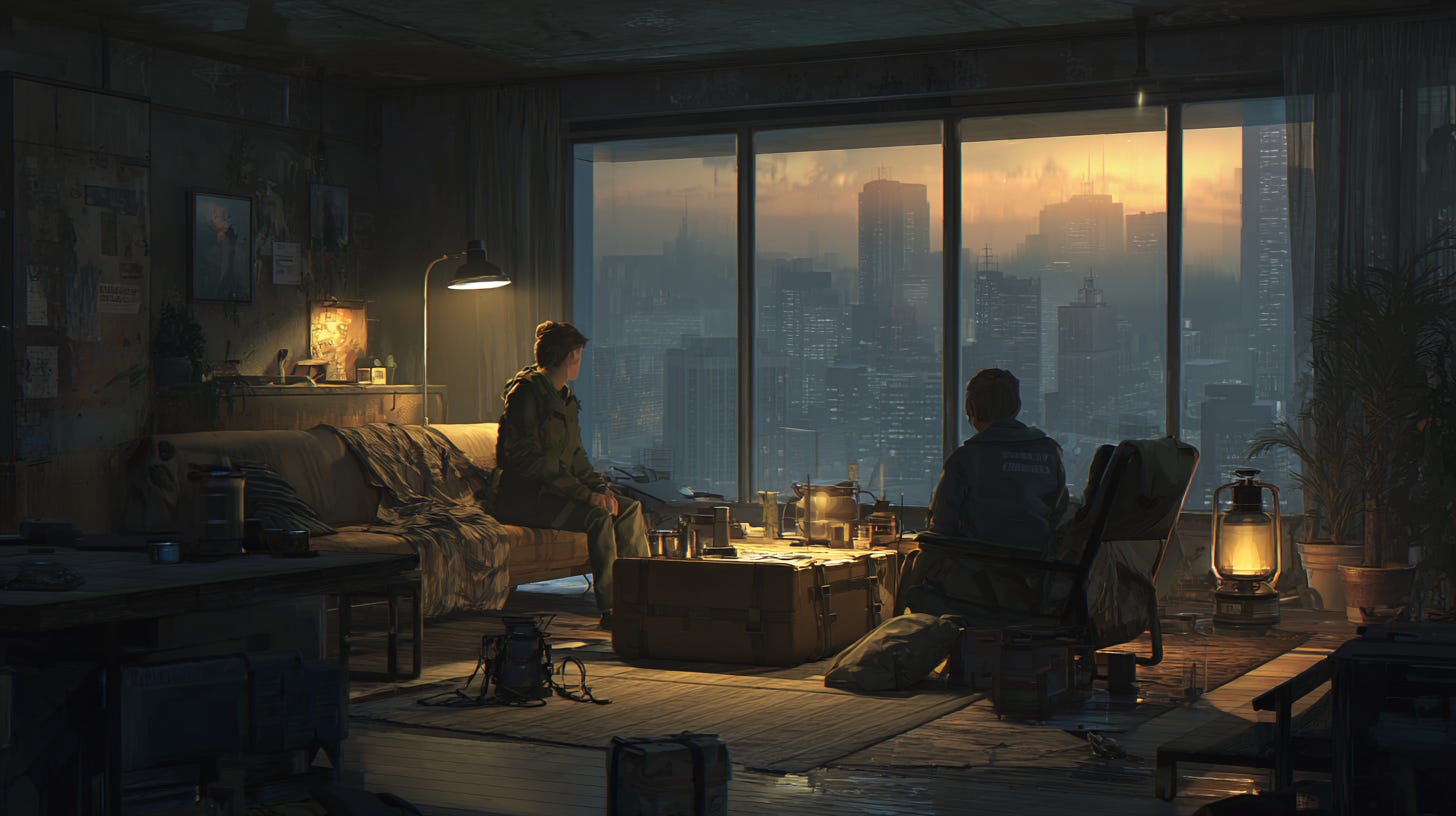Skills Over Stuff: Building True Resilience
Gear can be lost, stolen, or broken. Skills stay with you.
When most people think of preparedness, they picture stockpiles of food, ammo, and gear.
And don’t get me wrong — supplies matter.
But if there’s one thing I’ve learned from history, it’s this: skills outlast stuff.
You can carry skills across borders.
You can use them when your gear is gone.
And in collapse, skills are what turn a little into enough.
Lessons From History
Selco wrote often about how people survived the Balkan war not because they had the best gear, but because they could adapt.
One neighbor could fix shoes, another could repair radios, another knew how to cook with scraps. Skills became barter.
In early America, resilience wasn’t about stockpiling — it was about self-reliance.
Families knew how to grow food, mend clothes, and defend themselves.
That knowledge is what carried them through brutal times.
Why Skills Matter More Than Gear
Gear can fail. Batteries die, tools break, supplies run out.
Skills multiply resources. Knowing how to purify water, stretch food, or treat wounds makes every supply last longer.
Skills build community. What you know can help others — and what others know can help you. That’s how resilient communities form.
Core Skills for Urban Preparedness
You don’t need to be a commando.
You just need practical, real-world skills that cover the pillars we’ve been talking about.
Fire & Cooking – Light fires safely, cook with minimal fuel.
Water – Purify, filter, and ration.
Shelter – Insulate a room, black out windows, secure a home.
Food – Stretch meals, cook with basics, garden in small spaces.
Communication – Use radios, navigate without GPS, signal discreetly.
Medical & Hygiene – First aid, bleeding control, sanitation.
Personal Safety – Situational awareness, de-escalation, defense.
How to Build Skills Today
Train before you need it. Don’t wait until the crisis hits to learn CPR or how to use a radio.
Practice at home. Try cooking with your camp stove, filtering water, or spending a night without power.
Take courses. From Red Cross CPR to land navigation on Udemy, formal training builds confidence.
Teach others. Teaching locks skills in and strengthens your community.
Barter your knowledge. In collapse, a skill can be worth more than gold.
Practical Tips for Pathfinders
Pick one new skill each month and practice until it’s second nature.
Build “skill redundancy” — more than one person in your family should know the basics.
Don’t obsess over buying every new gadget. Focus on learning how to improvise.
Remember: the most resilient preppers aren’t the best equipped. They’re the best trained.
Skills, Not Just Stuff
Preparedness isn’t about having the biggest stockpile.
It’s about knowing how to survive when the stockpile runs out.
Gear can buy you time. Skills can buy you life.
Coming Next
In the final post of this series, we’ll bring it all together into Your Urban Preparedness Plan.
Subscribe and Stay Ready
This series is part of Urban Preparedness in Uncertain Times. Each post builds on the last to help you create a clear, practical plan for your family’s survival.
👉 Subscribe to Pathfinder Chronicles today and don’t miss the final post: Your Urban Preparedness Plan.



